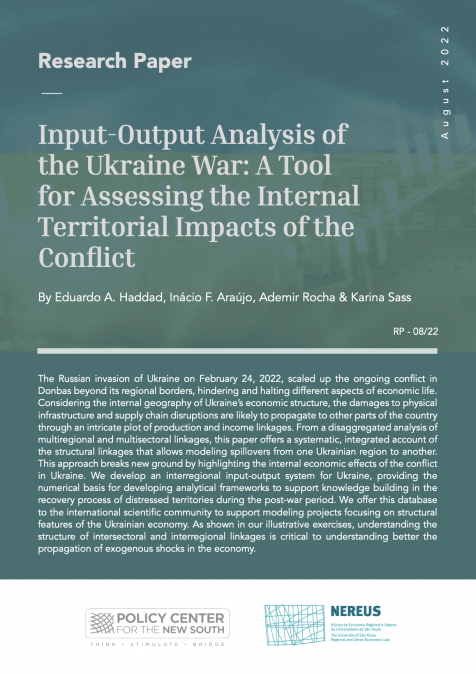Drug Policies & Development: Conflict or Coexistence? - Panel 1 : Drug policies, Security & ...
Discussions around the special Issue of International Development Policy Panel 1 : Drug policies, Security & Peacebuilding The 12th volume of International Development Policy explores the relationship between international drug policy and development goals, both current and within a historical perspective. Contributions address the drugs and development nexus from a range of critical viewpoints, highlighting gaps and contradictions, as well as exploring strategies and opportunities for enhanced linkages between drug control and development programming. Criminalisation and coercive law enforcement-based responses in international and national level drug control are shown to undermine peace, security and development objectives. The fifteen expert articles which have been published on this subject all show that the implementation of drug policies has a detrimental impact on other global development objectives such as rural development, health, security or poverty, and therefore run counter to stated development goals. In partnerships with the International Development Policy journal (The Graduate Institute, Geneva), and the Global Commission on Drug Policy (GCDP, Geneva), the Policy Center for the New South (PCNS) organizes two online events featuring authors of the special issue and experts from the Policy Centre to present their findings and discuss current debates that shape drug policy. More specifically, the authors and experts will discuss the intersection of drug control, security and peacebuilding and the impact of drug control on women and gender issues. The discussions should bring clarity to these complex and multifaceted policy issues.




















